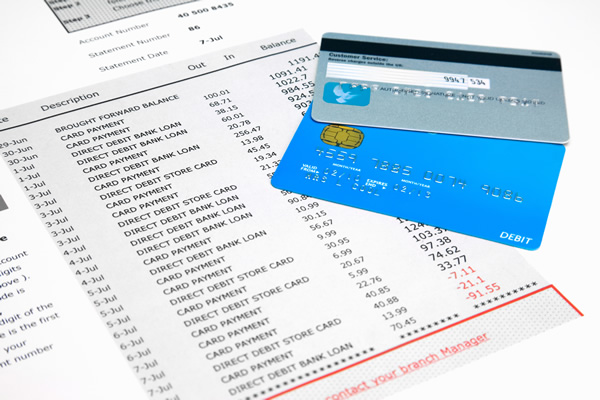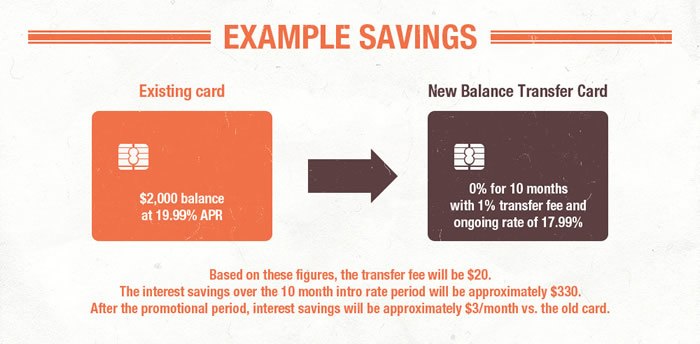
All business start-ups will require some amount of capital to cover such things as electronic equipment, furniture and marketing materials. You can draw on your personal savings and loans from friends and family, but if that isn’t enough to get your business off the ground, credit cards may prove to be a useful means to obtain financing. Before accumulating credit card debt, it’s important to review some pros and cons, so let’s begin!
Pros
- Having funds readily available with the swipe of a card is no doubt, an enticing and easy way to obtain funds to pay for business costs. It isn’t necessary to meet with a loan manager, or investor and explain why you need the money. You are quickly off to the races!
- It can be used in an emergency when sales are slow or accounts receivable are overdue and you need to make payroll or pay down another debt.
- Easier to qualify for if you apply before you quit your job to start up your business. Shop around for credit cards that have low interest rates. Consider forgoing the rewards and perks that go with some credit cards in exchange for a low interest rate.
- Introductory low rates are a great feature and are sometimes offered for the first year. If you think you can pay off the debt after your first year of business, this type of card might work well.
- If you are travelling a lot to grow your business, a credit card that offers air miles will save you considerable expenses. Keep in mind that these air miles can also be used for hotels and car rentals and not for just flying.
- If your card offers reward points, use it to purchase goods that are required on a regular basis for your business such as raw materials for your product. The significant accumulated reward points can be used for many products, services and discounts that you may need for your business.
- To build a good credit history for future business financing be sure to pay down your debt on time, don’t go over your limit and pay more than the minimum payment. Doing this will demonstrate that you are financially responsible and you may qualify for a low interest rate bank loan to pay off credit card debt.
- If your suppliers offer early payment discounts, using a credit card for payment is a viable option especially if you are cash strapped.
Cons
- There is no doubt that using credit cards to finance your business may come at a higher cost than using other means of financing. If you are lucky enough to obtain a low rate card, that is great news but you will undoubtedly come across credit cards that charge a high rate of interest.
- If your business does not succeed and it needs to be shut down, you are still responsible for your credit card debt. If you can’t afford to pay them back, bankruptcy or difficult times can loom ahead.
- You can be faced with fluctuating interest rates (they could go higher) which can lead to uncertainty as to how much you need to budget for on a month to month basis.
- Credit card companies can cut off credit availability at any time. If you are late on payments, or exceed your limit, access to funds can be immediately stopped. Be careful to follow the rules and this won’t happen to you!
- Small business owners typically wear a lot of hats and just don’t have the time to keep track of every credit card bill. If you don’t scrutinize every bill, you won’t become aware of fees, interest charges and purchases by other employees. Making credit card mistakes can be costly.
Credit cards can be a viable option and may sometimes be the only option for financing a new business. Be sure you are familiar with the interest rates, rewards and payment terms and make them work for you. To avoid going over your head financially and risking a tarnished credit history, be realistic about how much credit you need for your business and only borrow what is absolutely necessary.




